
A faith-based adoption provider secured a second victory against New York state officials who tried to shut down their practice of placing infants with a married mother and father.
This follows a favourable settlement and a payment of $250,000 for attorneys’ fees in a related lawsuit settled last month.
In the second lawsuit—which challenged an attempt by a different New York state agency to punish New Hope Family Services for adhering to its religious convictions—New York officials agreed to pay an additional $25,000 in attorneys’ fees and costs, and broadly confirmed New Hope’s right to continue its critical work of placing infants in permanent homes without government harassment.
The New York Division of Human Rights threatened to investigate and penalize the Christian nonprofit because it places infants with couples consisting of a mother and father committed to each other in marriage.
“The state of New York was so determined to silence or destroy New Hope Family Services that it violated New Hope’s First Amendment rights and launched a barrage of unlawful and discriminatory attacks against the organization,” said ADF Senior Counsel Roger Brooks. “Thankfully, that harassment has come to an end”, he added.
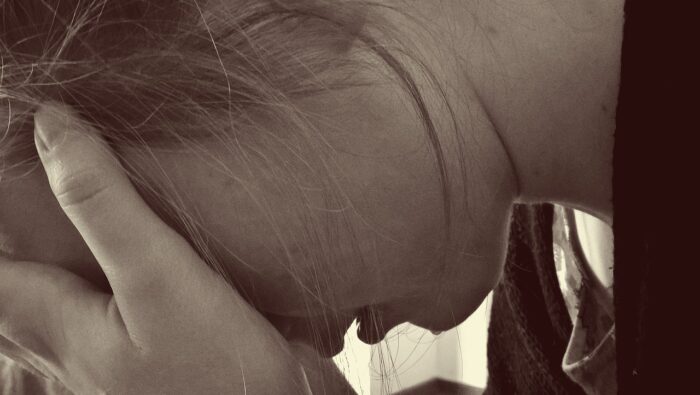
One in four women have suffered ‘sexual violence’ as an adult from a partner or ex-partner, a survey from the Central Statistics Office (CSO) has found. The equivalent figure for adult men was 6 per cent. ‘Sexual violence’ is very broadly defined and includes everything from receiving unwanted sexual images to rape.
It also found big differences in reported sexual harassment, abuse and violence by social class, with 34 per cent of middle class women saying they have experienced one or more of these things compared with just 6 percent of working class women.
The survey, which was carried out in December, says that 2 per cent of respondents had suffered ‘sexual violence’ in the previous 12 months.
The survey also found that 29 per cent of women experienced ‘sexual violence’ as adults from a non-partner, as against 9 per cent for men.
For ‘sexual violence’ as an adult with a non-partner, the most prevalent location was a pub/club/disco for both men (30 per cent) and women (26 per cent).
Those aged 18-24 who experienced ‘sexual violence’ as an adult reported the highest level of experiencing it in the past 12 months, at 30 per cent of this age group. This compared with 4 per cent of those aged 65 and over.
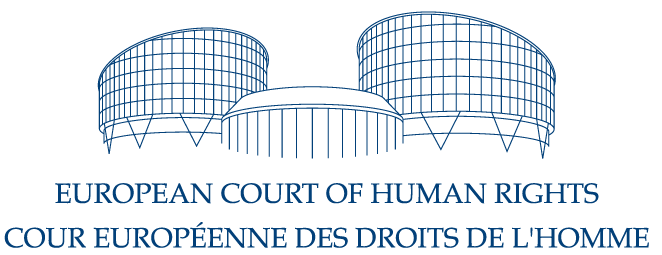
A landmark case alleging disability discrimination in the UK’s abortion regime is going to the European Court of Human Rights.
The Court could find the UK’s current law, which allows abortion up to birth for Down’s syndrome and other genetic abnormalities, but not for those without disabilities, to be in violation of human rights.
That would set a legal precedent for all forty six countries that are members of the Council of Europe.
Heidi Crowter, a 27-year-old woman from Coventry who has Down’s syndrome is challenging the UK Government over the disability clause in the current law.
Currently in England, Wales and Scotland, there is a general 24-week time limit for abortion, but if the baby has a disability, including Down’s syndrome, or even a cleft lip and club foot, abortion is legal right up to birth.
There were 3,370 disability-selective abortions in 2021, a 9% increase from 3,083 in 2020. The number of late-term abortions at 24 weeks gestation or over where the baby has a disability increased by 20% from 229 to 274.
The UN Committee on the Rights of Persons with Disabilities has consistently criticised countries that provide for abortion on the basis of disability.

The fastest-growing kind of family in the UK is one featuring an unmarried cohabiting couple.
Nearly one in five families, or 19 per cent, are made up of those living together but not married, with or without children. There were 3.6 million such families in 2022, an increase of 700,000 from 2.9 million in 2012.
The Office for National Statistics (ONS) said this “accounted for almost three-quarters of the total growth in the number of families in the UK over the ten-year period”.
Married-couple families remained the most common type, accounting for 65 per cent.

Staff at the country’s largest Catholic university, Mary Immaculate College (MIC) in Limerick, say they feel “very much in the dark” over a process that could see them further subsumed into the University of Limerick (UL).
Fears have been expressed that any move on the future of the college could dilute the Catholic identity of the institution.
Correspondence obtained by The Irish Catholic reveals that MIC staff are concerned about a perceived lack of information over a proposed “structural alignment” with UL.
The move has been described as potentially “one of the most important strategic developments” in the college’s 125 year history by governing authority, including chairman Bishop Brendan Leahy.
Negotiations between the two institutions are ongoing, but “there is no formal record” as the negotiating teams agreed their meetings shouldn’t be minuted, according correspondence sent to members of the Irish Federation of University Teachers (IFUT) Mary Immaculate branch on May 3.
The alignment process – which Bishop Leahy has insisted would not be a merger – was announced to staff at a meeting in June 2022, but since then “staff remain very much in the dark”, the email says.

257 people were euthanized or assisted to suicide in the first year of the operation of New Zealand’s law enabling the practices.
Such deaths accounted for approximately 0.67% of all deaths in the country between 7 November 2021 and 6 November 2022.
23% more women than men applied for the procedures – 365 women and 296 men.
Only 6 of the 636 people assessed by a first medical practitioner or the 475 people assessed by a second medical practitioner for eligibility were referred to a psychiatrist, and each of these were confirmed as eligible other than one person who died before the assessment was completed.
The first annual report covered the period 7 November 2021 to 31 March 2022 and reported on 66 assisted deaths.
The method of administration of the lethal poison, and the number of deaths by each method were: ingestion, triggered by the person – 6; intravenous delivery, triggered by the person – 4; ingestion through a tube, triggered by the attending medical practitioner or an attending nurse practitioner – 0; and injection administered by the attending medical practitioner or an attending nurse practitioner – 56.
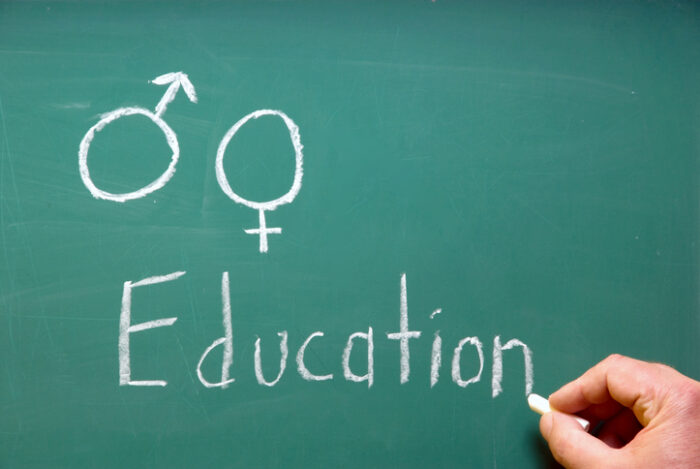
Alan Hynes of the Catholic Education Partnership (CEP) said schools under its purview will engage positively with the new curriculum, “recognising that SPHE is an important part of a holistic education, contributing to the wellbeing of our young people”.
“Catholic schools will seek to propose the Catholic perspective on the full range of the curriculum, in dialogue and encounter with other points of view.
“CEP will shortly be publishing a draft relationship and sexuality education resource for use in Junior Cycle. This resource complements and is in line with the NCCA’s specification and will assist Catholic schools in proposing the Catholic view on RSE in a confident and positive manner, while inviting students to engage critically with Catholic teaching and other world-views”, Mr Hynes said.
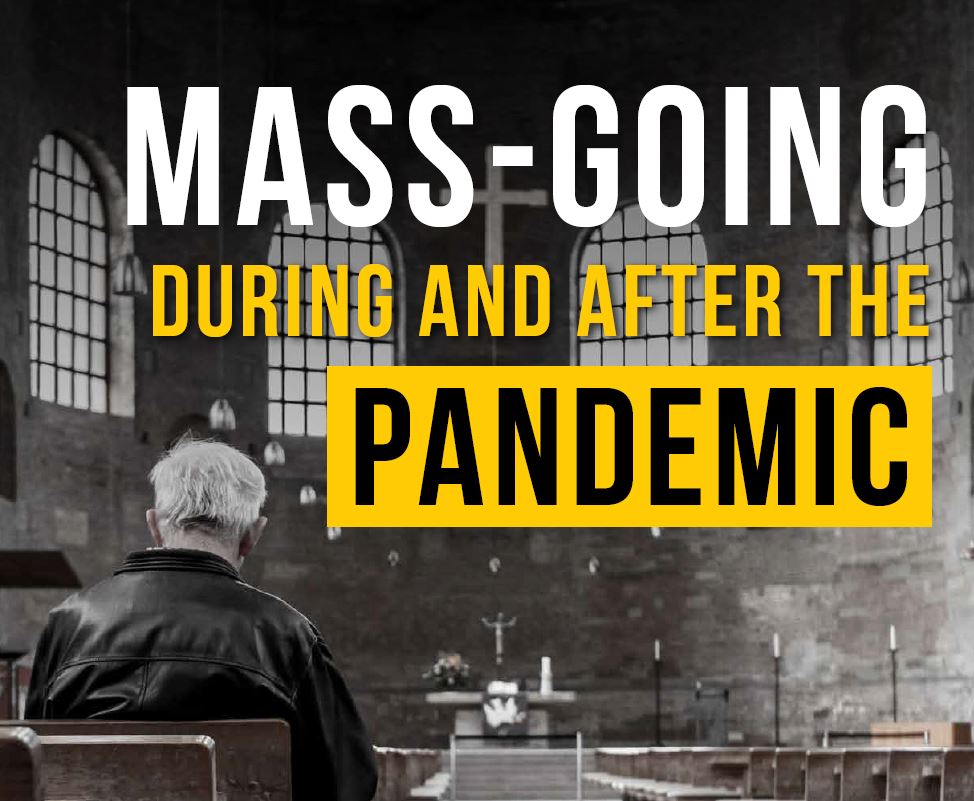
In 2022, a near-majority of Hispanic Catholics, or 47 percent, reported attending religious services at least a few times each year, down from 65 percent in 2019. For white Catholics, the drop was even sharper, down to 45 percent in 2022 from 73 percent just three years earlier.
Less than half of all Americans, 43 percent, said they attended services at least a few times each year, down from 54 percent in 2019.
The findings were made public Tuesday in a new report from the Public Religion Research Institute.
80 percent of white Catholics and 81 percent of Hispanic Catholics said they are “optimistic about the future of their church.” Similarly high rates of both groups reported they are proud to say they are associated with their church and are happy with their church leadership.
The report is based on a 2022 online survey of 5,872 people, including 916 white Catholics and 305 Hispanic Catholics.

Russia has shut down an evangelical Christian church in Ukraine, marking Moscow’s latest move in a “persecution campaign” against Ukrainian evangelicals, according to the Institute for the Study of War (ISW).
The U.S.-based think tank said in an assessment published on Tuesday that Russian forces reportedly seizing the Ukrainian Christian Evangelical Church of the Holy Trinity in Mariupol was likely “part of a wider systematic religious persecution campaign in occupied Ukraine.”
Petro Andryushchenko, adviser to Mariupol Mayor Vadym Boychenko, said in a Telegram post on Monday that from 10 to 30 Russian troops were occupying the church after expelling clergy.
Andryushchenko said the Russian occupiers had targeted the church at least in part because it provided a “human shield” for troops, located only five meters from occupied residential buildings.
According to ISW, the “Russian occupation officials most commonly persecute members of the Ukrainian Orthodox Church and Protestants, particularly evangelical Baptists.” The think tank said two-thirds of “reported religious repression events in occupied Mariupol” targeted Protestants.
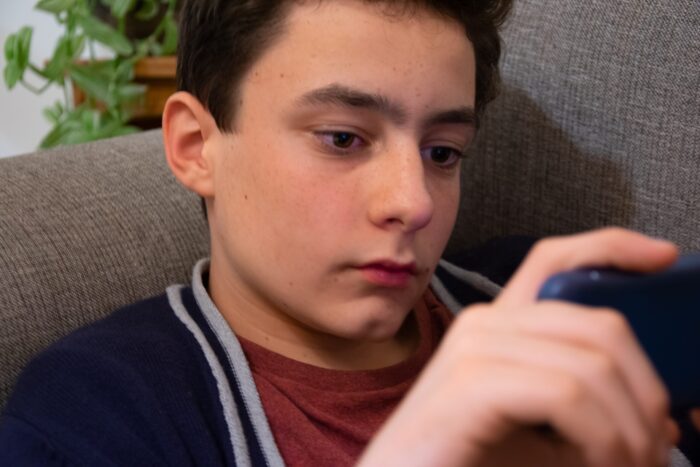
The Government have come under fire as more evidence was published last week showing the link between children watching porn and sexual violence.
The Children’s Commissioner for England said “frequent users of pornography were also more likely to have real-life experience of an aggressive or degrading sex act”.
Commissioner Rachel de Souza found “references to specific acts of sexual violence commonly seen in pornography in half of the interviews carried out following these cases of sexual abuse”.
“I am clear that children should not be able to access pornography, and my office’s work in this space continues to demonstrate the harm it can cause to children and young people”.
Commenting on the matter, Aontu’s Peader Toibin said the report is clear that pornography is fuelling sexual violence against women and the increase in children sexually abusing other children.
Aontú has introduced a Bill that would make it illegal for Internet Service Providers to provide hard core pornography to children. But, he said, the FF/FG/Green government refused to help the bill proceed through the Dáil.
“Indeed rather than any effort to stop the supply of hard core pornography to children the government seeks to deliver classes to children in school on the topic. While education is important, its reckless of the government to make no effort to protect children”.